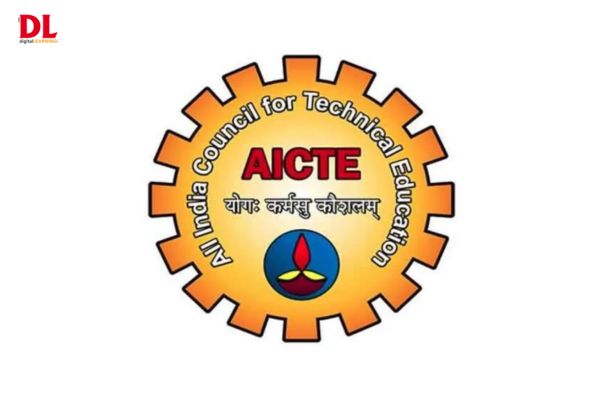
In a landmark move towards inclusive and accessible technical education, the All India Council for Technical Education (AICTE) has rolled out a strategic plan to provide engineering textbooks in 12 Indian languages by December 2026. The initiative aims to eliminate language barriers that often hinder students, particularly those from non-English-speaking regions, from excelling in technical studies.
AICTE Chairman, Prof. T.G. Sitharam, shared that approximately 600 textbooks covering first and second-year courses for diploma and degree engineering programs have already been developed or translated into regional languages. The languages currently prioritised include Hindi, Assamese, Bengali, Gujarati, Kannada, Malayalam, Marathi, Odia, Punjabi, Tamil, Telugu, and Urdu.
Textbook development for the third and fourth years is currently underway, with about 40 to 50 titles already completed for the third-year syllabus. These textbooks cater to the core engineering disciplines such as civil, mechanical, electrical, electronics, and computer science, and are aligned with AICTE’s model curriculum.
“These books are thoughtfully designed to help students grasp technical concepts in their native languages,” said Prof. Sitharam. Each chapter is structured with clear learning objectives, outcome-based content, and problem-solving exercises to ensure a focused and interactive learning experience.
To streamline and accelerate the translation process, AICTE is harnessing artificial intelligence. A proprietary deep learning model is capable of translating an entire textbook in around 10 minutes with 80% accuracy, after which experts step in for refinement and contextual corrections.
Although India officially recognizes 22 languages, the current rollout focuses on 12 due to budgetary constraints. Prof. Sitharam emphasized that the initiative is not compulsory but rather designed to offer students the freedom to choose the language they are most comfortable with.
“English often becomes a double challenge—students must learn both the subject and the language. If they can understand the content clearly in their mother tongue, it will produce more competent engineers,” he noted.
Also Read: IGNOU set to revive engineering programs in blended mode after over a decade
Addressing concerns over employability for students studying in regional languages, Prof. Sitharam called for government support and industry cooperation. He stressed that India should embrace its linguistic diversity in technical education, just as countries like Switzerland and Canada allow higher studies in native languages.
Ultimately, the initiative seeks to enhance educational equity, improve learning outcomes, and empower students from rural and semi-urban regions, making engineering education more inclusive and effective across India.




















